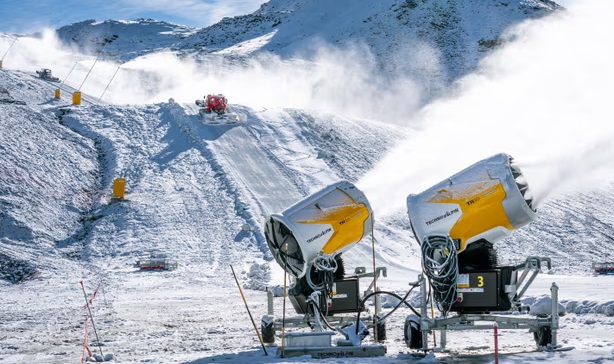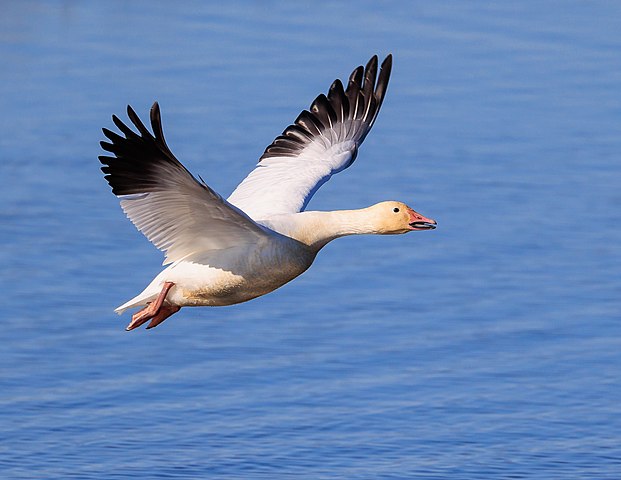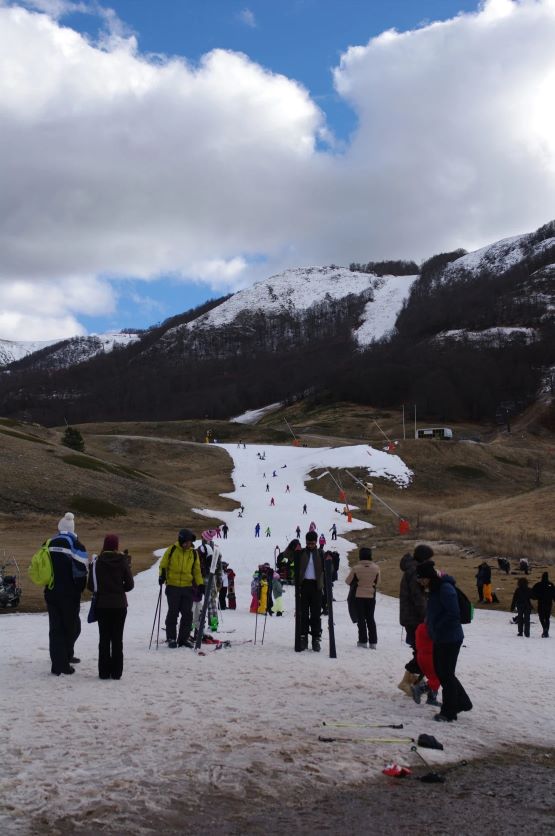Snow. It evokes images of cozy fireplaces, playful snowball fights, and the thrill of carving down a pristine mountain slope. But beyond the seasonal joy, snow plays a crucial role in the delicate balance of our planet. Imagine a world without it – a world where winters are perpetually green, and frosty landscapes become a distant memory. This seemingly harmless change would trigger a cascade of consequences, impacting everything from our favorite winter sports to the very ecosystems that sustain us.
Winter Wonderland Woes: The End of Winter Sports?
For millions, winter is synonymous with adventurous weather activities and sports like skiing, snowboarding, and ice hockey. These activities not only provide a source of recreation but also contribute significantly to local economies. Without snow, entire industries built around winter tourism would crumble. For example, in the past half-century, the snow cover in the Alps has been shrinking by 5.6% every ten years. This change is impacting an area that heavily relies on winter for its cultural and economic activities.
 Image source: Maxime Schmid/AP, The Guardian
Image source: Maxime Schmid/AP, The Guardian
The impact wouldn’t be limited to traditional winter sports. Activities like ice fishing, snowshoeing, and dog sledding would also disappear. The cultural significance of winter festivals and competitions would fade, leaving a void in the hearts of winter sports enthusiasts.
Snow and Water Resources: A Disrupted Water Cycle
One of the most significant consequences of a snowless world would be its impact on water resources. Snow acts as a giant natural reservoir, storing winter precipitation and slowly releasing it throughout the spring and summer months. This steady release replenishes rivers, streams, and aquifers, providing vital freshwater for human consumption, agriculture, and ecosystems.
Without snow, this crucial storage mechanism would be lost. Spring snowmelt, a primary source of freshwater in many regions, would be replaced by a surge of water immediately after snowfall. This rapid runoff would likely lead to flooding in the short term, followed by severe droughts in the summer months when water supplies dwindle.
Here’s a breakdown of these potential changes:
| Impact Area | With Snow | Without Snow |
|---|---|---|
| Water runoff | Gradual release throughout spring and summer | Rapid runoff immediately after snowfall |
| Flood risk | Lower in spring and summer | Higher in spring |
| Drought risk | Lower in summer | Higher in summer |
Animal Migration and Snow
The absence of snow wouldn’t just affect humans; it would disrupt the life of many animals. Many species rely on seasonal changes, including snowfall, as cues to guide their migration patterns. Birds like snow geese use snow cover to navigate their long journeys south for the winter. When it snows, animals such as caribou move down to lower ground to find food.
 Image source: Frank Schulenburg, CC BY-SA 4.0, via Wikimedia Commons
Image source: Frank Schulenburg, CC BY-SA 4.0, via Wikimedia Commons
A world without snow would leave these animals confused and disoriented. They might migrate too early or too late, putting them out of sync with food availability and predator cycles. This disruption could have devastating consequences for entire populations, leading to declines in species numbers and potentially even extinction for some.
A Call to Action: Preserving Winter’s Magic
The vision of a snowless world paints a sad picture. It highlights the interconnectedness of our planet and the potential consequences of climate change. While a complete absence of snow might seem like a distant future, the reality is that many regions are already experiencing a decline in snowfall due to rising temperatures.
 Image source: Fiona Sibbett/CNN
Image source: Fiona Sibbett/CNN
But there is still time to act. By acknowledging the value of snow and actively combating climate change, we can preserve the magic of winter and ensure a healthy future. Here are some ways you can contribute:
- Reduce your carbon footprint. Opt for sustainable transportation choices, invest in energy-efficient appliances, and support companies committed to environmental responsibility.
- Spread awareness. Educate others about the dangers of climate change and the importance of preserving winter landscapes.
- Support organizations. Donate to and volunteer for organizations working towards environmental protection and sustainable practices.
After all, a world without snow wouldn’t just be a winter wonderland lost, but a reminder of the delicate balance we must strive to maintain.






